An interview with Anne Manne
Anne Manne is an Australian writer, essayist, and social philosopher.
If you could go anywhere tomorrow, where would it be, and why?
Galloping across the high plains of Tibet on a horse.
What’s your idea of hell?
Book tours.
What do you consider the most specious virtue?
Chastity.
What’s your favourite film?
Babette’s Feast which is about gratitude, care, and generosity, and the searingly powerful Turtles Can Fly by Kurdish Iranian filmmaker Bahman Ghobadi.
And your favourite book?
Fyodor Dostoevsky’s The Possessed, sometimes titled The Devils. Brilliant, prophetic understanding of the cruelty of a fanatical ideology, ahead of the Russian Revolution of 1917, but throwing light on all the ‘possessed devils’ ever after.
Name the three people with whom you would most like to dine.
Hilary Mantel, Sigmund Freud, Stendhal.
Which word do you most dislike, and which one would you like to see back in public usage?
My current pet hate is a verb turned into a noun: ‘learnings’. Everyone is walking around weighed down by their new ‘learnings’. Back into common usage: adumbrations. It is such a delicious word to say out loud. The sound of it also evokes the word vibrations, to which adumbration has a delicately contiguous relation, and is suggestive of the way a poet can use words which convey meaning not directly but as a shadow, an intimation, a foreshadowing.
Who is your favourite author?
Dostoevsky.
And your favourite literary hero or heroine?
Elizabeth Bennet.
Which quality do you most admire in a writer?
The courage to face difficult things, to look in dark places, to refuse the human impulse to take refuge in denialism.
Which book influenced you most in your youth?
Whiskery Jinks and The Donkey Cart, by Patricia Donahue, where a poor farmer and his wife, Mr and Mrs Whortleberry, live outside their broken-down house, while the chickens live happily inside. An insouciant, vain cat (Whiskery Jinx) befriends them, along with Henry the Donkey who helps them get an enormous pumpkin to market. It was an unselfconscious children’s book about creatureliness and the sentience of animals which influenced me deeply as a child.
Name an early literary idol or influence whom you no longer admire – or vice versa.
Habermas. As an earnest young woman, I was reading Habermas, Heidegger, and Husserl, my brow furrowed. I asked someone what he thought of them, and he said, ‘Life is too short to study all those German “H’s!”’ I laughed so hard; he cured me instantly. I then thought, this person is a one-man labour-saving-device! And married him.
Do you have a favourite podcast?
Oh, only ABR’s! [Brava, Ed.]
What, if anything, impedes your writing?
Anxiety – that the finished result of my labours will not be as good as the project deserves. Also, I admit, cat videos.
What qualities do you look for in critics and which ones do you enjoy reading?
I like it when critics situate a work in a whole area. I like Daniel Mendelsohn, Hilary Mantel, Mary Beard, and, in Australia, Peter Craven. When Helen Garner wrote film reviews, I loved them!
How do you find working with editors?
At its best, it is an alchemy, where work becomes possible that would not have otherwise come into being. On this last book, I’ve been privileged to work with a brilliant editor, Chris Feik. However, I can feel so furious after first reading an edit, I am tempted to send an incendiary device in the post. Fortunately, I have excellent impulse control (note I didn’t say self-control was a specious virtue) and eventually calm down enough to grudgingly recognise … it might just be right.
What do you think of writers’ festivals?
My ideal writers’ festival would be a version of the Agora, a public space where ideas and books, including unfashionable topics and with non-famous people, are discussed freely and passionately, but with civility. I fear writers’ festivals are becoming too fashionable and predictable.
Are artists valued in our society?
Compared to a footballer? You are kidding! Then again, I spend more time watching Geelong than I do in art galleries.
What are you working on now?
A memoir of my mother. A brilliant student, she achieved a postgraduate degree in philosophy in the 1940s. Unconventional, she was a solo mother raising her family in a country town in the 1960s, when women’s wages were half men’s. She also suffered from episodes of schizophrenia and courageously picked herself off the floor of life, time and again.


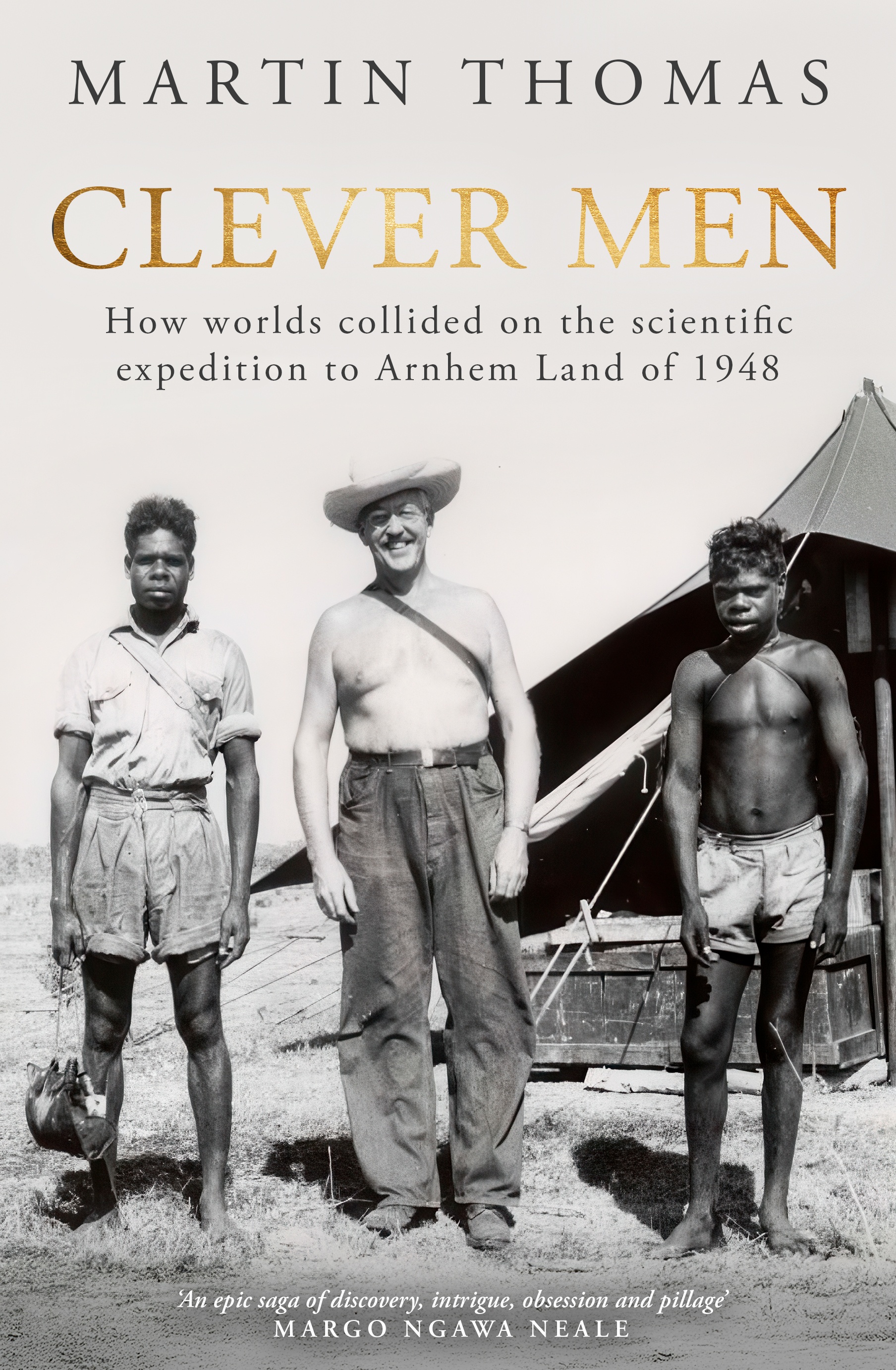
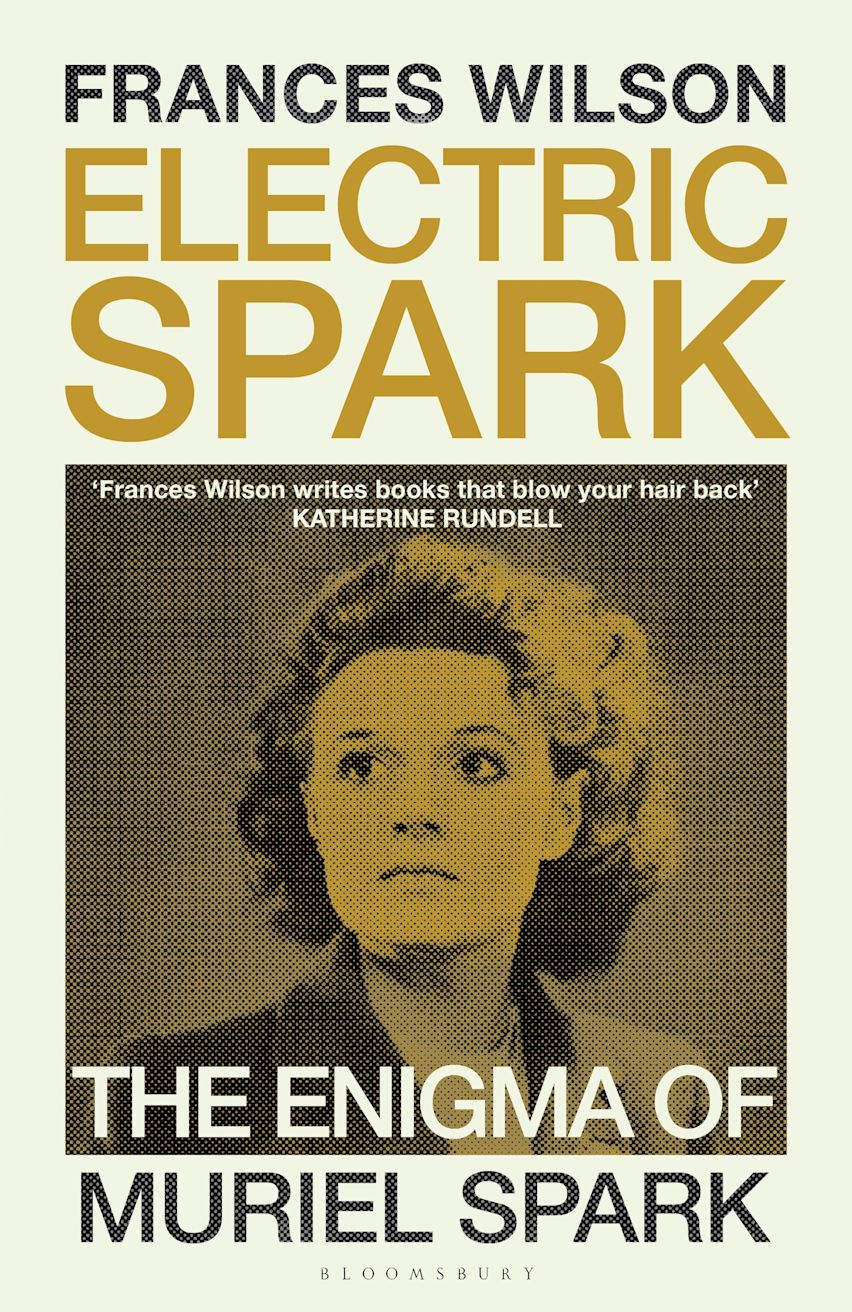
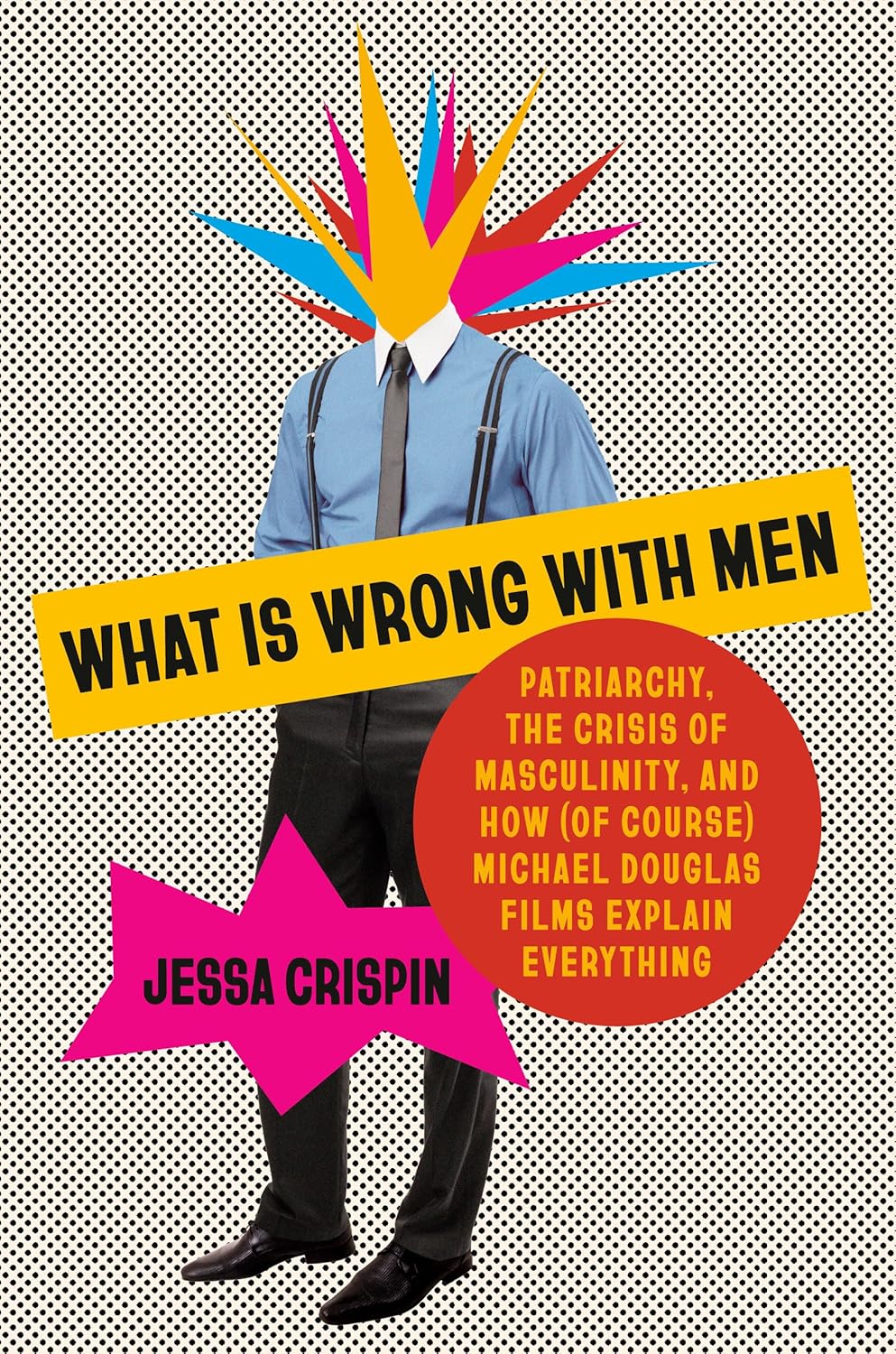

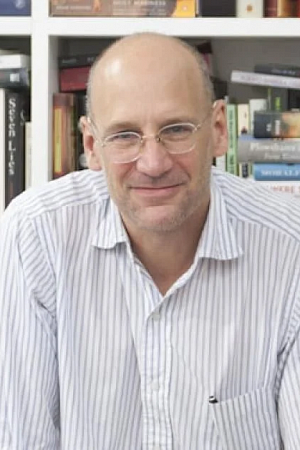

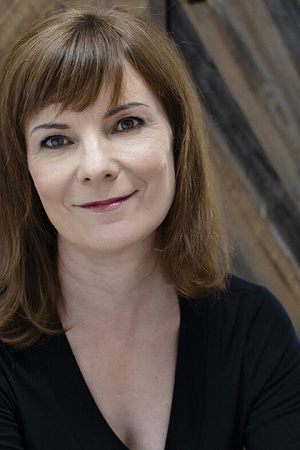
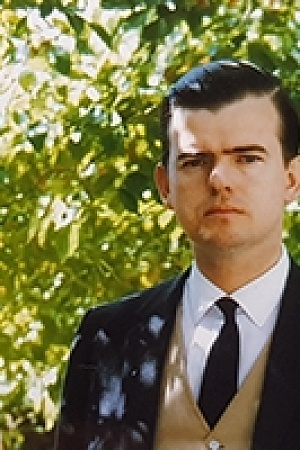
Leave a comment
If you are an ABR subscriber, you will need to sign in to post a comment.
If you have forgotten your sign in details, or if you receive an error message when trying to submit your comment, please email your comment (and the name of the article to which it relates) to ABR Comments. We will review your comment and, subject to approval, we will post it under your name.
Please note that all comments must be approved by ABR and comply with our Terms & Conditions.